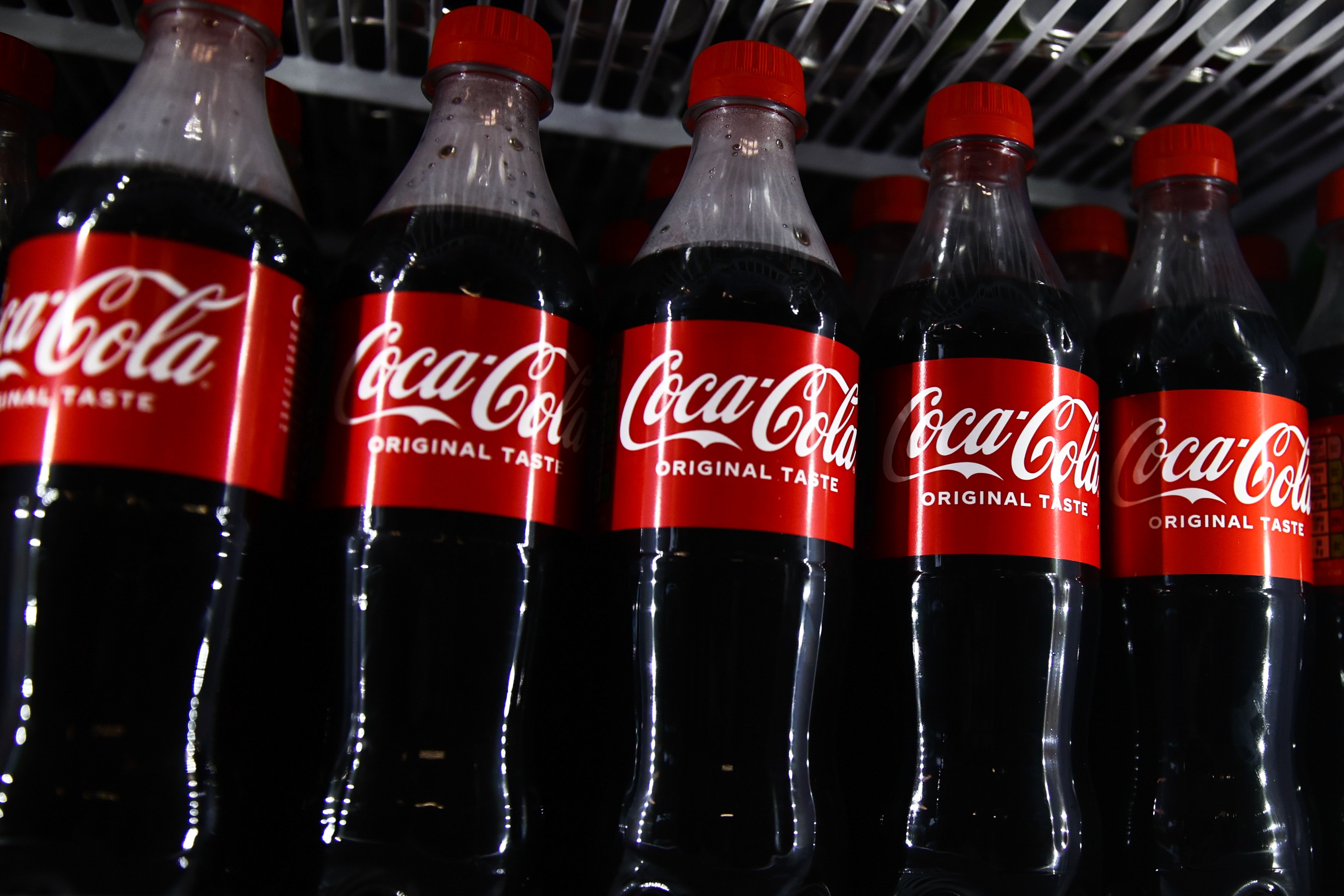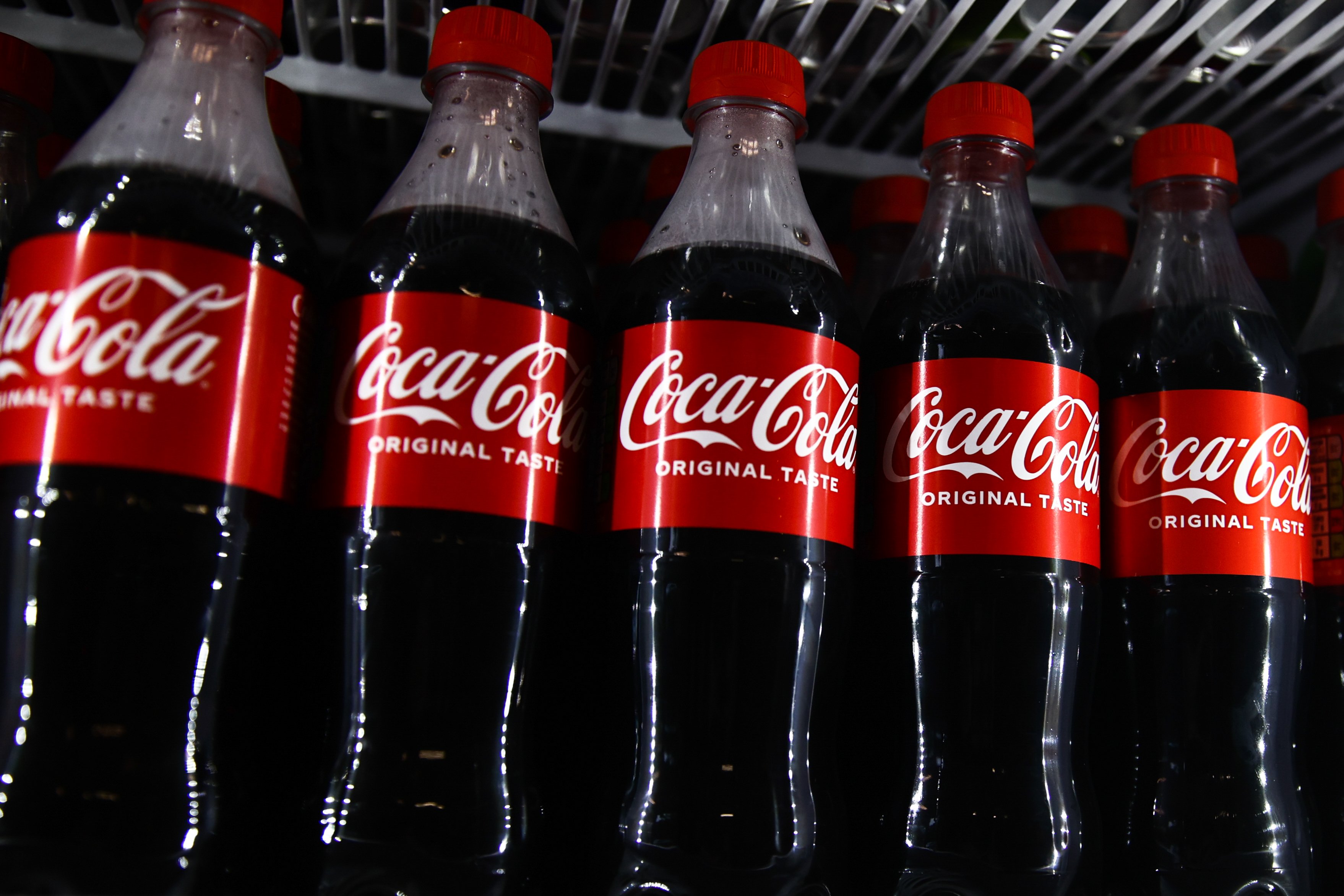Coca-Cola (KO 0.06%) recently hopped aboard the subscription bandwagon with its "Insiders Club" service, which delivers a monthly box of drinks and products to subscribers. The service costs $10 a month or $50 for six months, and curates a mix of products that are picked at the company's "sole discretion."
Coca-Cola offered the pilot program to 1,000 members, and the initial slots filled up within just three hours, with those not lucky enough to get a spot joining a waiting list. Coca-Cola says that its Insider Club members will get the first taste of about 20 new drinks which it plans to release next year. It's unclear if Coca-Cola will launch the program nationwide, but the initial response highlights a promising new growth market for the beverage giant.

Image source: Coca-Cola.
What's Coca-Cola's game plan?
Coca-Cola has struggled with declining soda consumption rates and tougher competition in recent years. To counter those headwinds, it pivoted away from sugary sodas with more brands of bottled water, teas, juices, energy drinks, coffee, and other non-carbonated beverages. It also launched low-calorie, caffeine-free, sugar-free, and smaller versions of its flagship sodas.
Coca-Cola's growth remains stable, but that balance relies on its ability to offset the sluggish demand for its older sodas with fresh products. That's why it invested in high-growth companies like Monster Beverage, bought big brands like Costa Coffee, and launched new drinks like Coca-Cola Energy, Coca-Cola Plus Coffee, AHA sparkling water, and even alcoholic drinks.
Coca-Cola's main rival, PepsiCo (PEP 0.16%), is adopting many of the same strategies -- it recently launched a new sparkling water brand, expanded into energy drinks with new versions of Mountain Dew and Amp Energy, and chased Coca-Cola into the hybrid cola-coffee market with Pepsi Café.
Coca-Cola and PepsiCo both test their new drinks in overseas markets or smaller domestic regions before launching them worldwide. For example, Coca-Cola tested Coca-Cola Plus Coffee in Japan for nearly two years before approving a broader launch in 25 additional markets this year.

Image source: Coca-Cola.
Testing out new drinks in subscription boxes is an extension of that strategy, especially if Coca-Cola conducts follow-up surveys with its subscribers. It would also test the waters for a broader launch of the "Insiders Club" service as a longer-term business.
Room for growth
Coca-Cola states that the Insider Club "was inspired by the growth of the e-commerce subscription market, which has more than doubled annually over the last five years." A recent survey by Clutch found that 54% of U.S. online shoppers now subscribe to those boxes, with Unilever's Dollar Shave Club, Ipsy, Blue Apron, Barkbox, and Hello Fresh leading the pack.
There are already plenty of subscription boxes for drinks on the market, including boxes of alcoholic beverages, tea bags, coffees, juices, and craft sodas. But none of these boxes come from a beverage giant like Coca-Cola, which can easily reach across the country with its bottling and distribution network.
If Coca-Cola expands its subscription box service nationwide, it could generate a new stream of revenue, lock in customers, and fortify its brand. Coca-Cola says that it will "monitor sales, feedback and social media buzz" for the program and consider expanding it beyond its six-month trial.
Expect more innovative ideas
Looking ahead, investors should expect plenty of fresh ideas from Coca-Cola and PepsiCo, which recently launched a cashback program for customers who paired certain drinks with its Frito-Lay snacks. It wouldn't be surprising if PepsiCo bundled its drinks and snacks into subscription boxes to follow Coca-Cola's lead.
There's no guarantee that these ideas will move the needle for either company. However, these moves indicate that both soda giants are still innovating -- and their business models could evolve to offset the slowing demand for traditional sodas.







